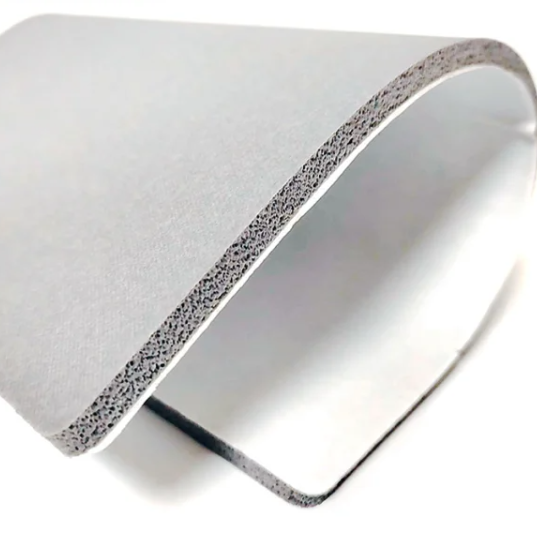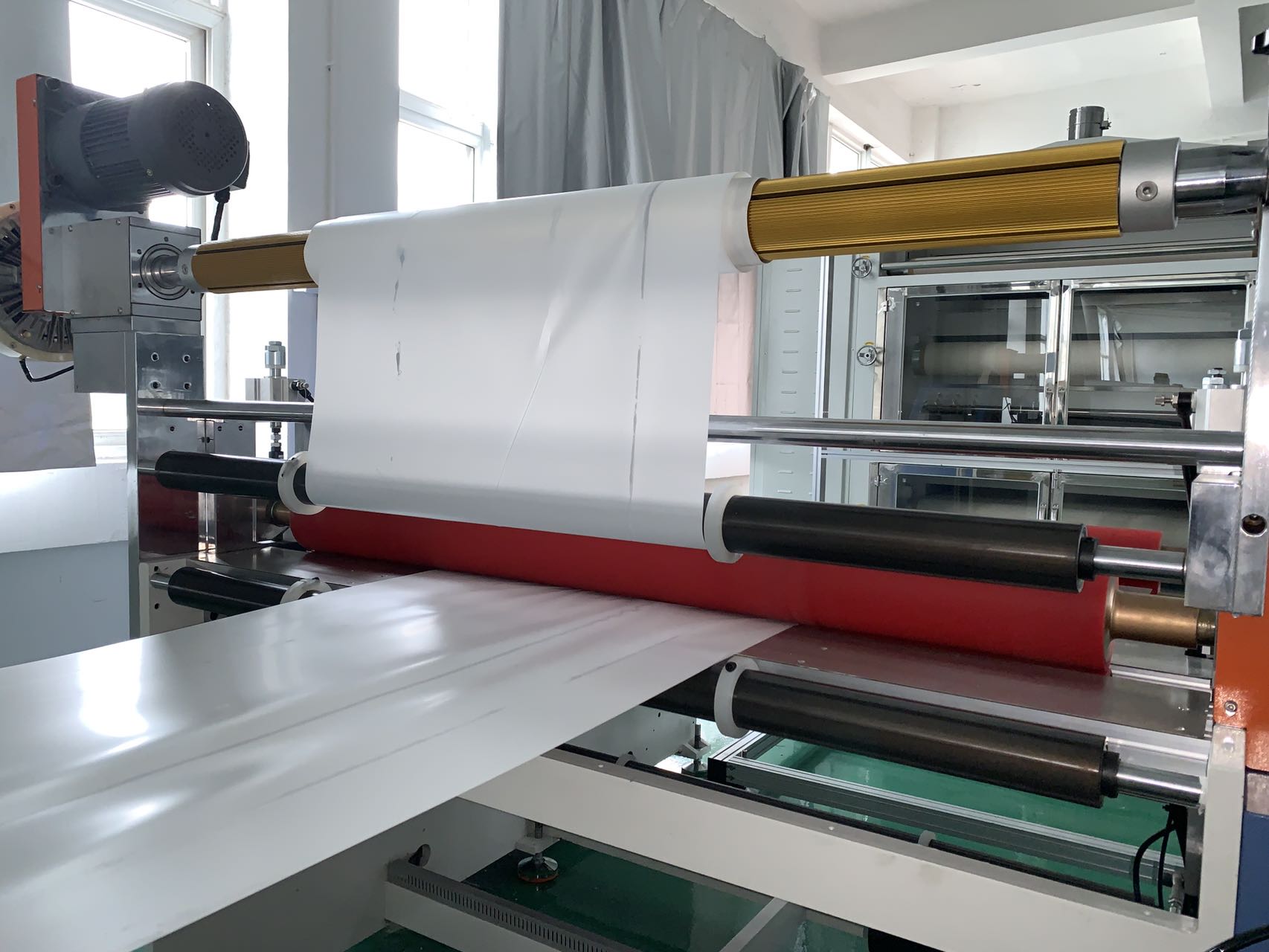New energy becomes more and more important, especially electric energy, and safety is a crucial aspect of Storage
In the fast-paced world of energy storage, where efficiency is paramount, the choice of insulation materials plays a crucial role in optimizing the performance of battery energy storage systems (BESS). One material that stands out in this domain is silicone foam, offering a unique set of properties that make it a compelling solution for thermal insulation.


The Benefits of Silicone Foam in BESS Thermal Insulation:
Thermal Efficiency:
Silicone foam excels in providing efficient thermal insulation. Its low thermal conductivity helps in minimizing heat transfer, ensuring that the battery cells within the energy storage system maintain an optimal operating temperature.
Flexibility and Conformability:
One of the standout features of silicone foam is its flexibility. In the context of BESS, where battery components may have intricate shapes and sizes, silicone foam can conform to irregular surfaces, creating a seamless insulation barrier.
Temperature Resistance:
BESS often operates in diverse temperature conditions. Silicone foam's resistance to both high and low temperatures ensures that it remains effective across a wide range of environmental scenarios.
Moisture Resistance:
Moisture can be detrimental to the performance and longevity of battery systems. Silicone foam's inherent moisture resistance adds an extra layer of protection, guarding against potential damage caused by environmental factors.
Durability and Longevity:
Silicone foam exhibits durability, making it a reliable choice for long-term applications. Its resistance to wear and tear ensures that the insulation system remains effective throughout the lifespan of the battery energy storage system.

JWT rubber silicone foam production line
JWT Rubber offers customized silicone foam for BESS, welcome to contact us and have your silicone foam: www.jwtrubber.com
Email: oem-team@jwtrubber.com
Post time: Feb-01-2024
